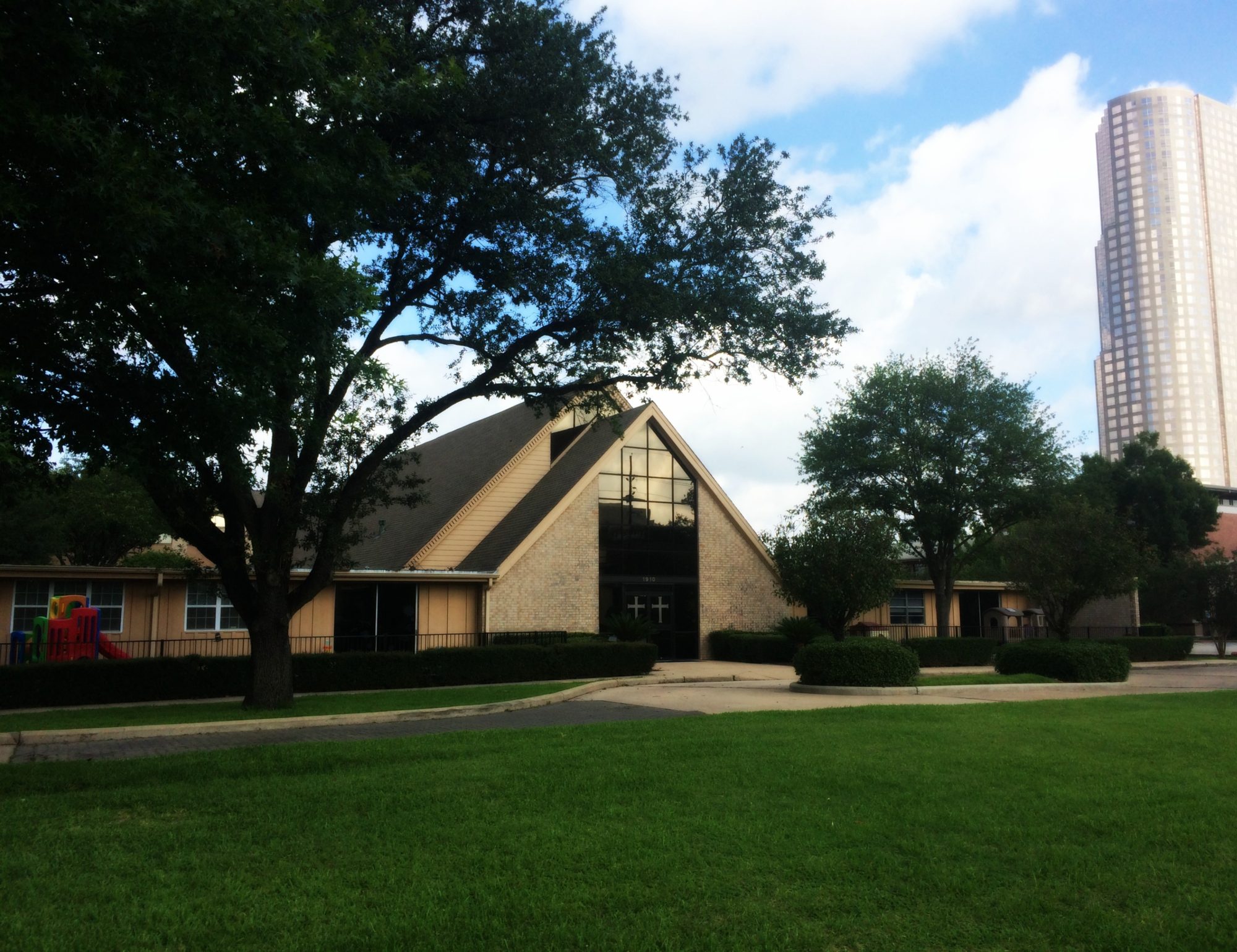Reading: Mark 9
Thoughts from Lent for Everyone by N.T. Wright
Jesus was trying to explain to his disciples that the kingdom would come through his own death (verses 31–32). But they didn’t get it; and the sign that they didn’t get it was that they were arguing on the road as to, yes, which of them was ‘the greatest’. If they don’t understand plain speech (‘the “son of man” is to be given over into human hands’, and so on), maybe they’ll understand a symbol.
Here is a child. Utterly present in the moment; utterly unconcerned about tomorrow, about status, about hierarchy. What, after all, would ‘greatness’ in God’s kingdom look like? Wouldn’t it mean being the sort of person through whom God’s powerful presence would become real? Wasn’t that what had happened back at the start of chapter 6 when they went out and healed people and announced that God was becoming king? Well, yes. But if you want to know how God’s powerful presence comes most easily into the world, go and welcome a child in Jesus’ name. You will be welcoming Jesus himself – and, by doing so, you will be welcoming ‘the one who sent me’ (verse 37).
Here is, as it were, the hot line into the powerful presence of God. It isn’t a matter of senior, seasoned leaders going off with their noses in the air and making it all happen. It’s a matter of the least of all, the servant of all, being the greatest.
This passage is a vital warning now, as it was then, about the danger of imagining that God can and will only work through the people ‘we know about’. This isn’t just a matter of modern denominations. Here we are talking about the disciples trying to rank themselves, both one against another and, as a group, against ‘outsiders’. How can that embody the childlike humility of a group who follow a Master who is going to the cross?

